Picture this: you’re walking past an adoption event and see a basket full of wiggling, fluffy puppies with their tiny tails wagging furiously. Your heart melts instantly. You imagine weekend hikes, cozy movie nights with your new companion curled up beside you, and teaching them adorable tricks that’ll impress all your friends. But before you fall head over heels for those puppy eyes, take a step back. Adopting a puppy isn’t just about the warm, fuzzy feelings – it’s one of the most significant commitments you’ll ever make. These little furballs will grow into full-sized dogs who’ll depend on you for the next decade or more. They need training, healthcare, exercise, and your unwavering patience through their mischievous puppy phase.
The truth is, many people get swept up in puppy fever without truly understanding what they’re signing up for. But that’s where this guide comes in. We’ve compiled the ten most crucial questions every potential puppy parent should ask themselves before making this life-changing decision.
Am I Really Ready for This Long-Term Commitment?
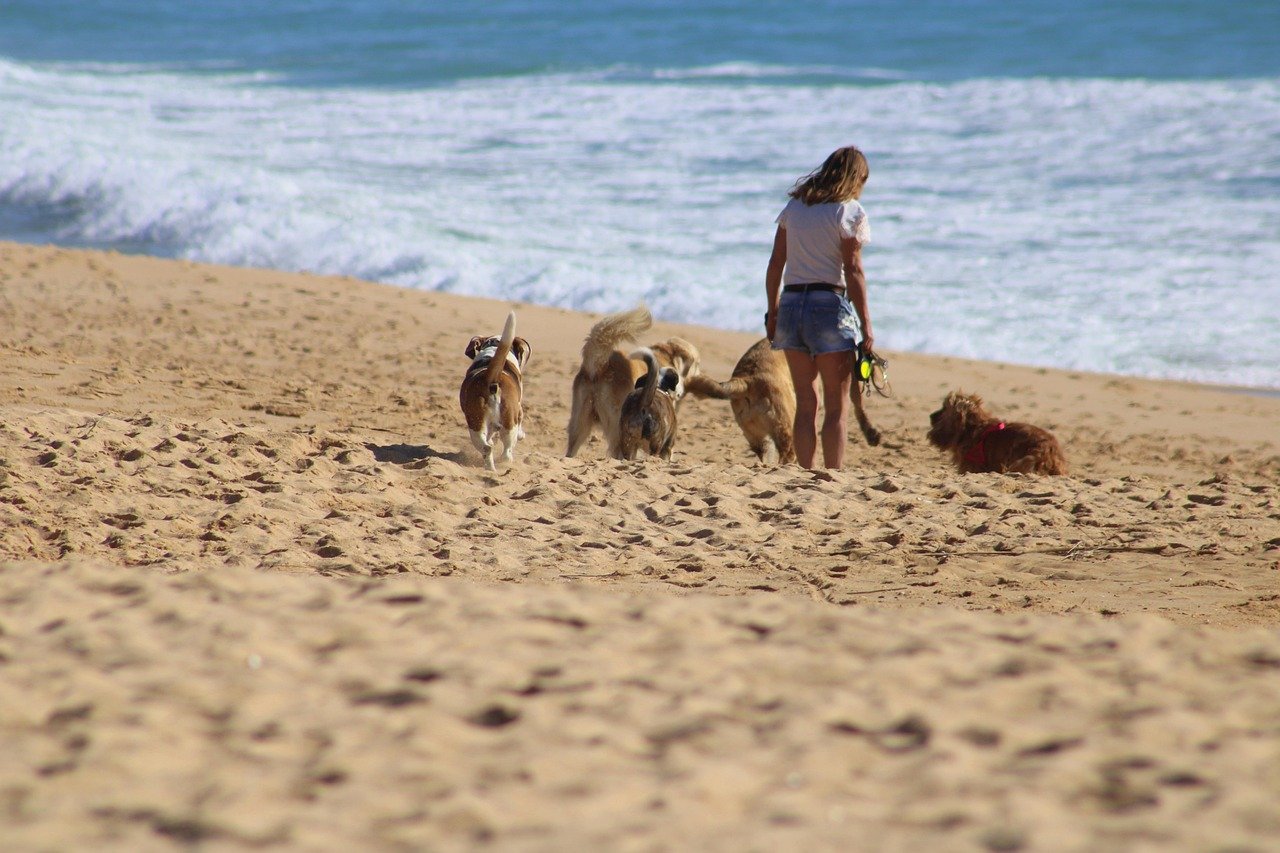
Let’s start with the big picture question that’ll determine everything else. The average healthy dog has a lifespan of 10 to 13 years, which means you’re not just committing to a few months of puppy cuteness.
Think about where you’ll be in a decade. Will you still be living in the same place? Are you planning major life changes like marriage, kids, or career shifts? Your adorable eight-week-old puppy will need consistent care through their energetic teenage months, their prime adult years, and eventually their senior phase when they might need extra medical attention and special care.
Can I Handle the Financial Reality?
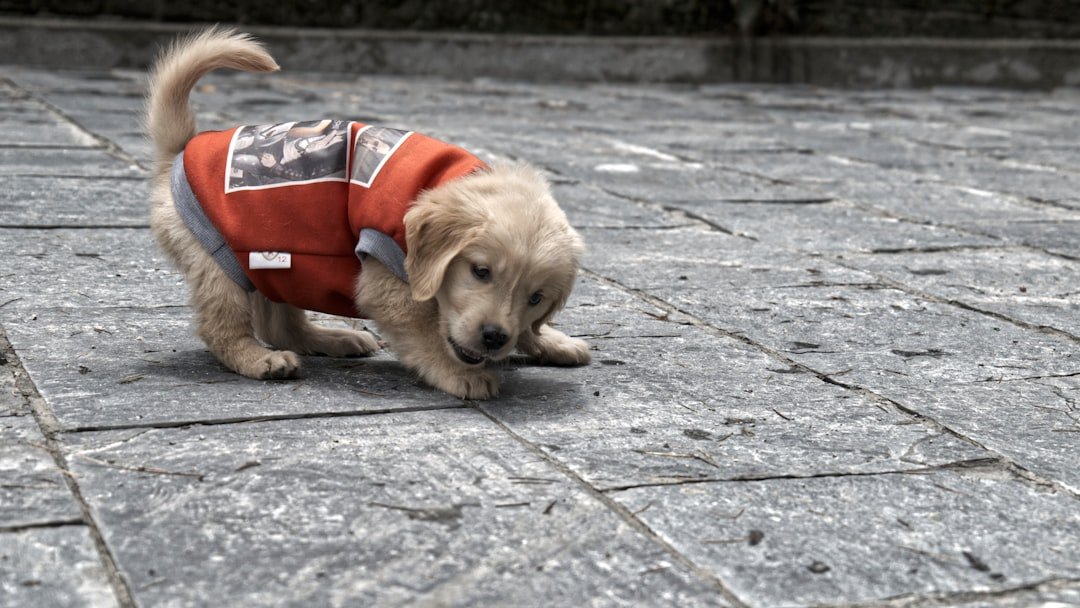
The first year of puppy ownership can cost anywhere from $2,000 to $7,000+, depending on your location and your puppy’s specific needs. This isn’t just about the adoption fee – though that’s often the smallest expense you’ll face.
The average cost of veterinary care for your puppy during their first year ranges from $500 to $1,500. Add in high-quality dry food for puppies typically costs between $50 and $100 per month, or $600 to $1,200 per year, and you’re looking at significant monthly expenses. Don’t forget about unexpected emergency vet visits, which can easily cost hundreds or thousands of dollars.
Do I Have Enough Time for Training and Socialization?
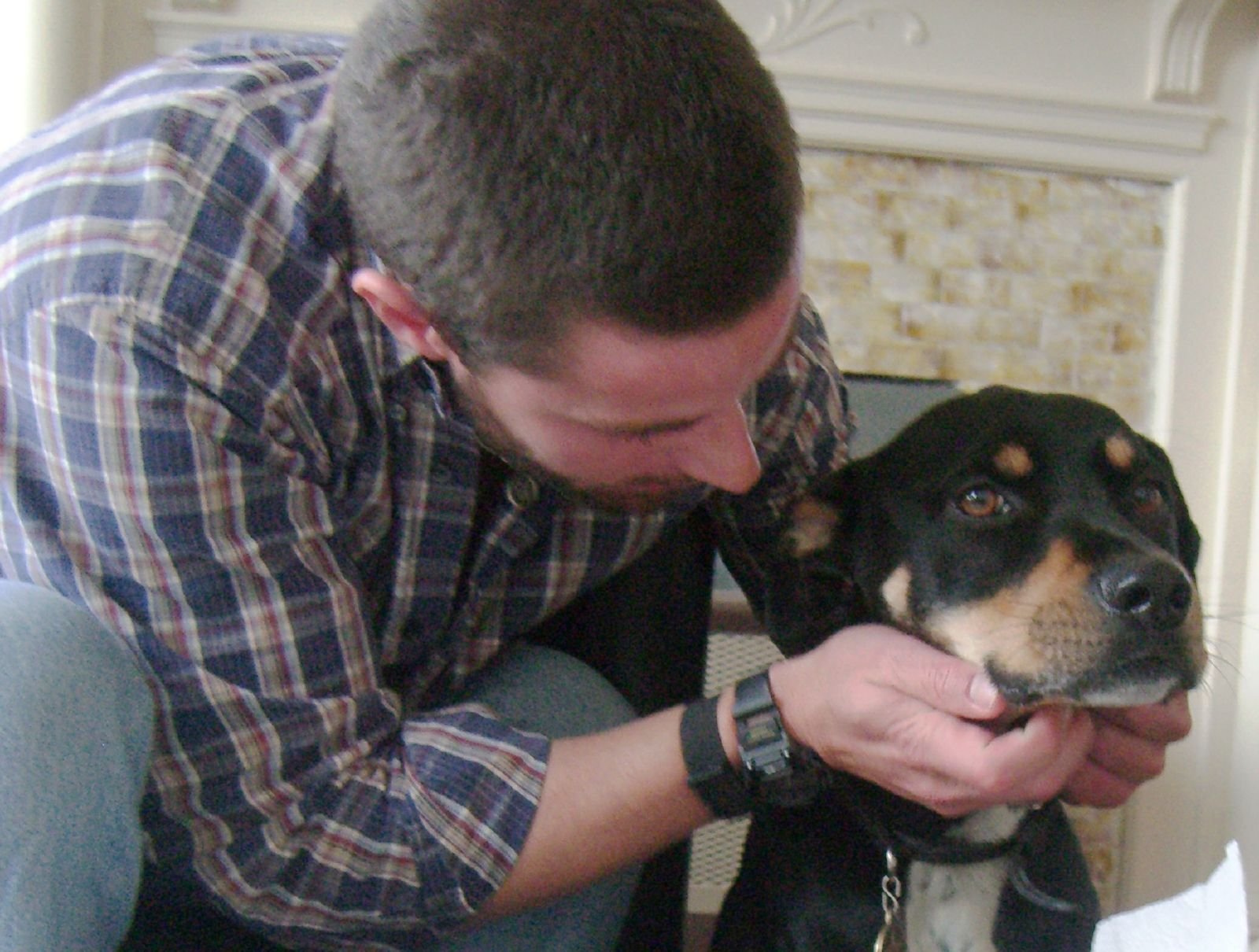
Here’s something many first-time puppy parents don’t realize: A puppy’s prime learning age is before they are 16 weeks old, when they’re the most eager and willing to listen. Miss this critical window, and you’ll have a much harder time training your dog later.
A responsible dog parent should spend at least one hour per day giving direct attention to his or her dog. This may include training, exercising, grooming, and playing. During the puppy phase, you’ll need even more time for house training, basic obedience, and socialization. Are you prepared to take potty breaks every two hours, even in the middle of the night?
What About My Living Situation?
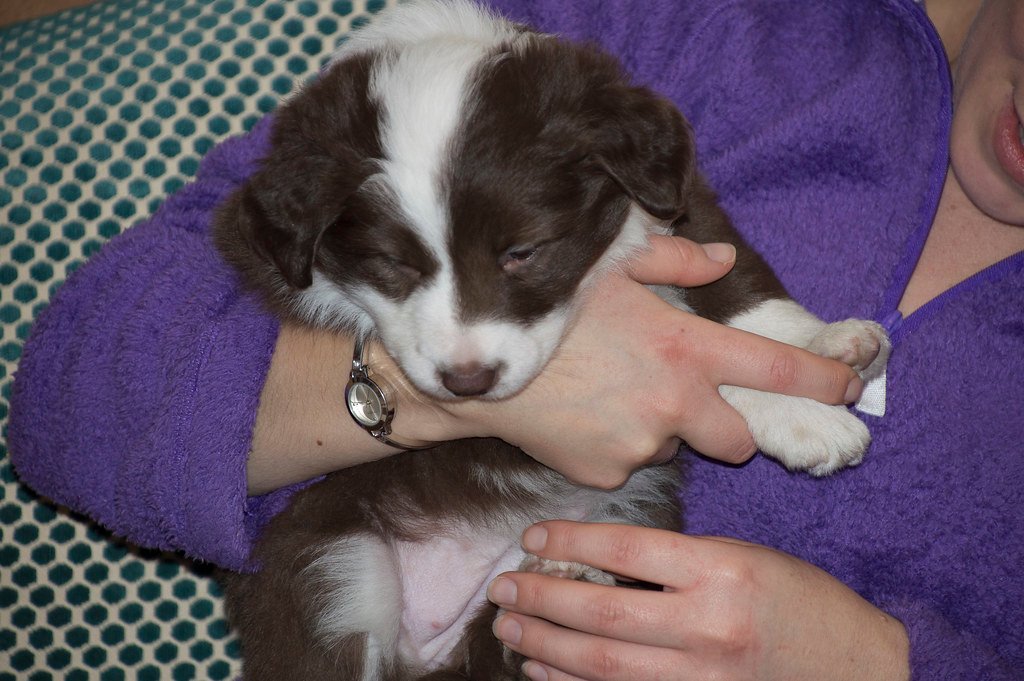
Your living space will dramatically impact your puppy’s well-being and your stress levels. If you live in a small apartment, a large dog that needs frequent exercise probably isn’t a good fit. But size isn’t the only consideration.
Do you have a secure yard where your puppy can safely explore and play? If you’re renting, does your lease allow pets? Some breeds are restricted in certain housing complexes or neighborhoods. Think about your neighbors too – will they be understanding about occasional barking during the training process?
How Will This Affect My Current Pets?
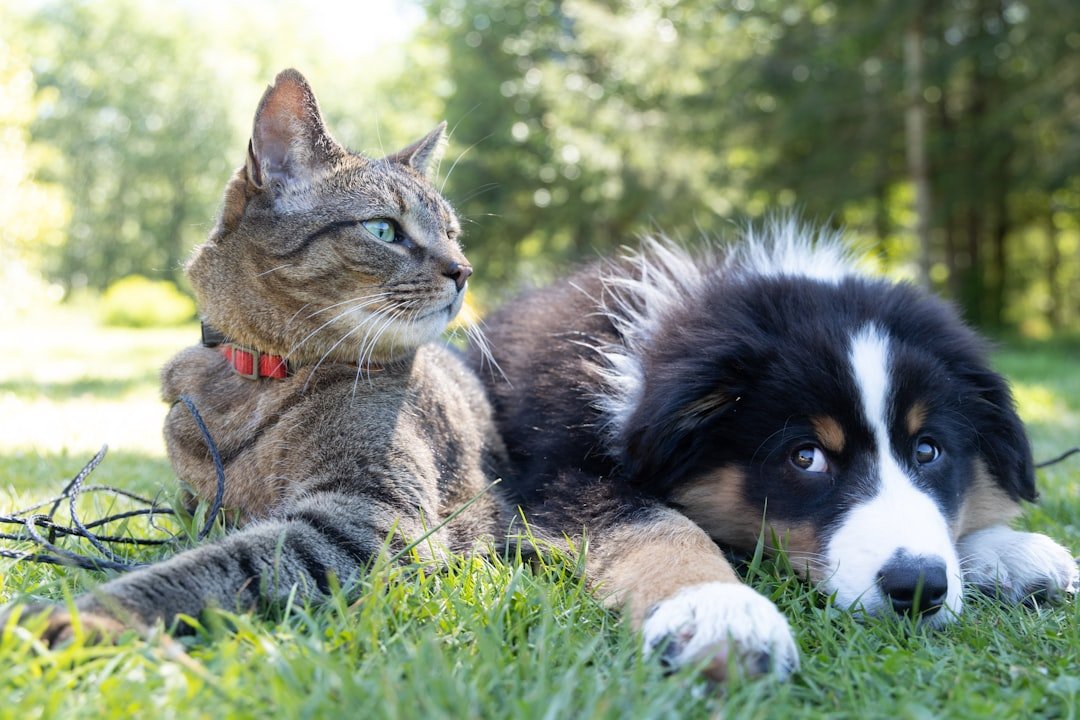
If you already have pets at home, introducing a puppy requires careful planning and patience. Do you have the time and space to keep them separate and slowly introduce them to one another? Other dogs can be territorial and you need to make sure they’ll accept another furry member of the family into their space.
If you have other pets, you may introduce them now. If it is another dog, make the meeting outside in a neutral area. Take them both for a long walk together before entering the home again. This process can take weeks or even months, and there’s no guarantee all pets will get along perfectly.
What’s the Puppy’s Health and Background Story?
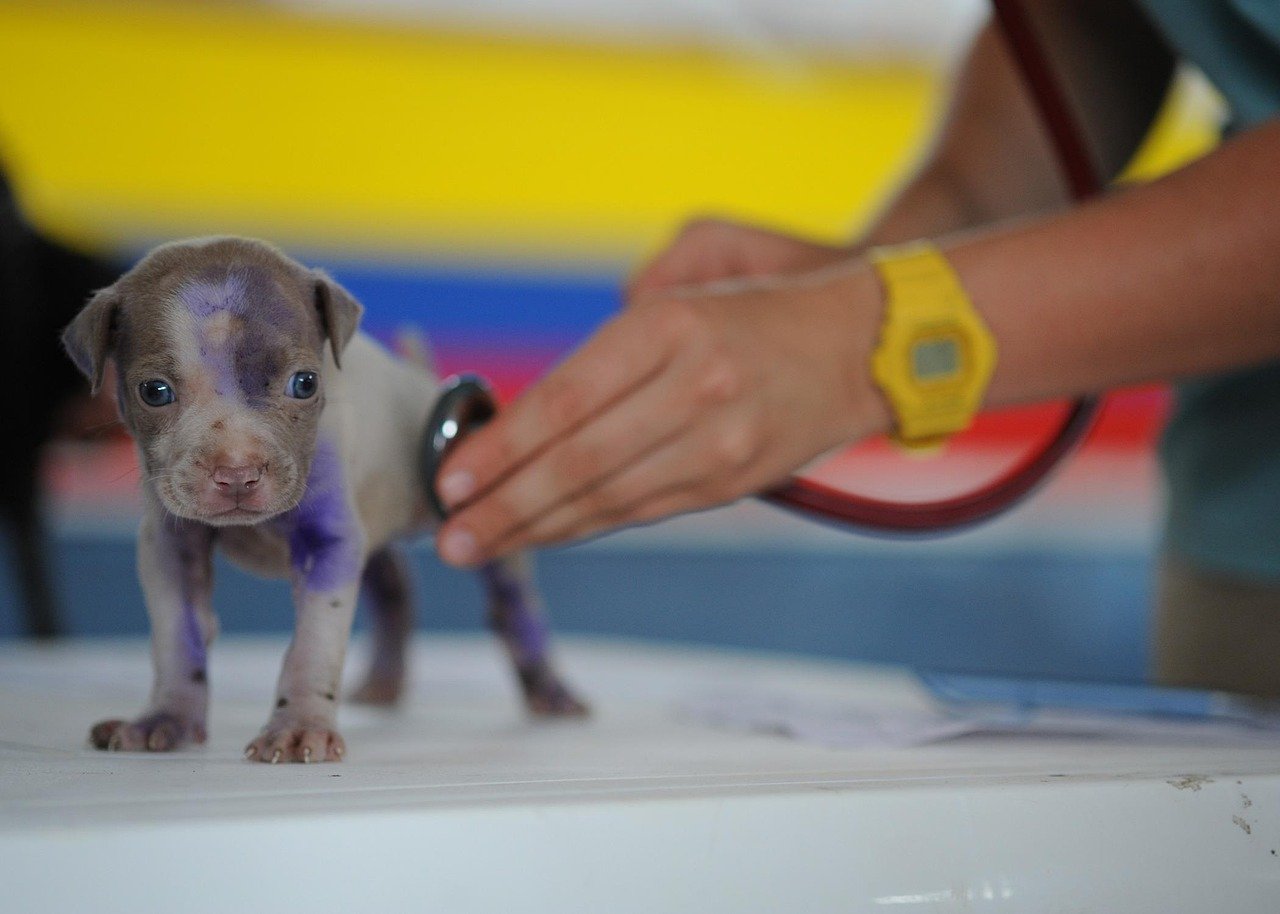
This is where your detective skills come in handy. Dogs end up in shelters and rescues for many different reasons, but each dog’s specific story can provide valuable insight into the challenges you might face. For example, a dog picked up as a stray might have no obedience training whereas a dog surrendered by their owner might already have great manners.
How long did the puppies stay with their mother (recommended at least 8 weeks)? Are the puppy’s parents known, especially the mother’s breed and temperament? These details will help you understand what to expect as your puppy grows and develops.
Am I Prepared for the Puppy Phase Chaos?
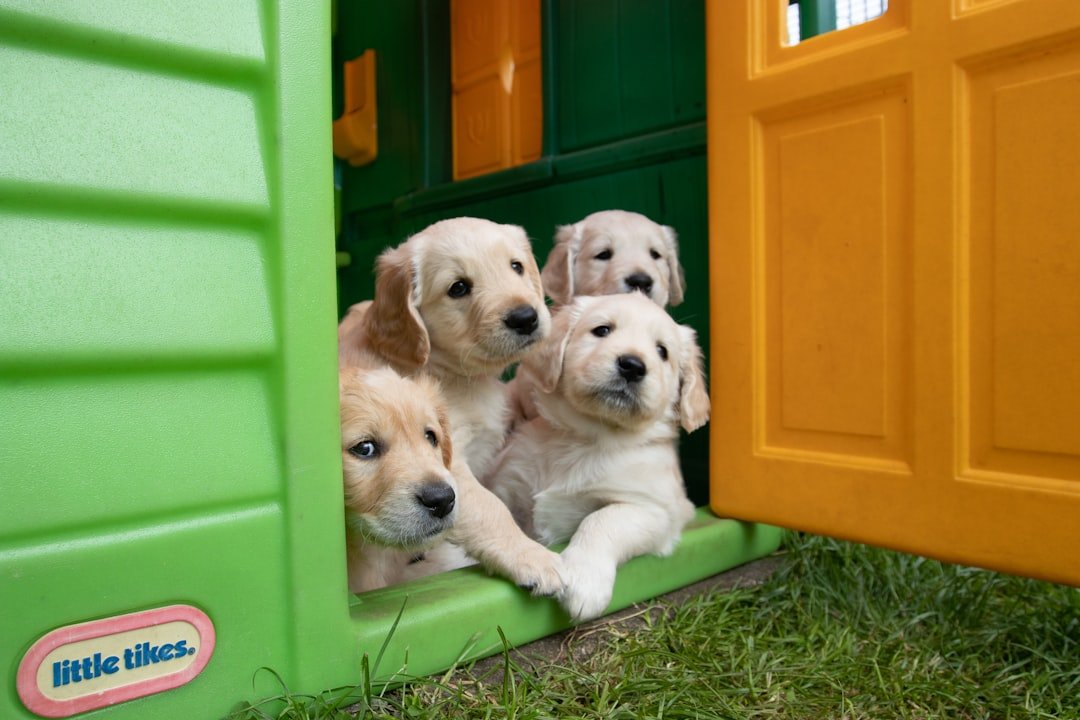
Let’s be real about what you’re signing up for. In the beginning, that perfect pup will come with some growing pains: nipping, chewing, potty accidents, barking, and that’s only the beginning! Puppies explore the world with their mouths, which means your shoes, furniture, and basically everything at puppy height is fair game.
Your new puppy may also be a bit hesitant or shy during their first days in the house and may even whine or cry throughout the night in their crate. Once they’ve settled into their new homes, though, puppies tend to be very curious and eager to explore. Are you ready for sleepless nights and the occasional destroyed household item?
What’s My Plan for Veterinary Care?
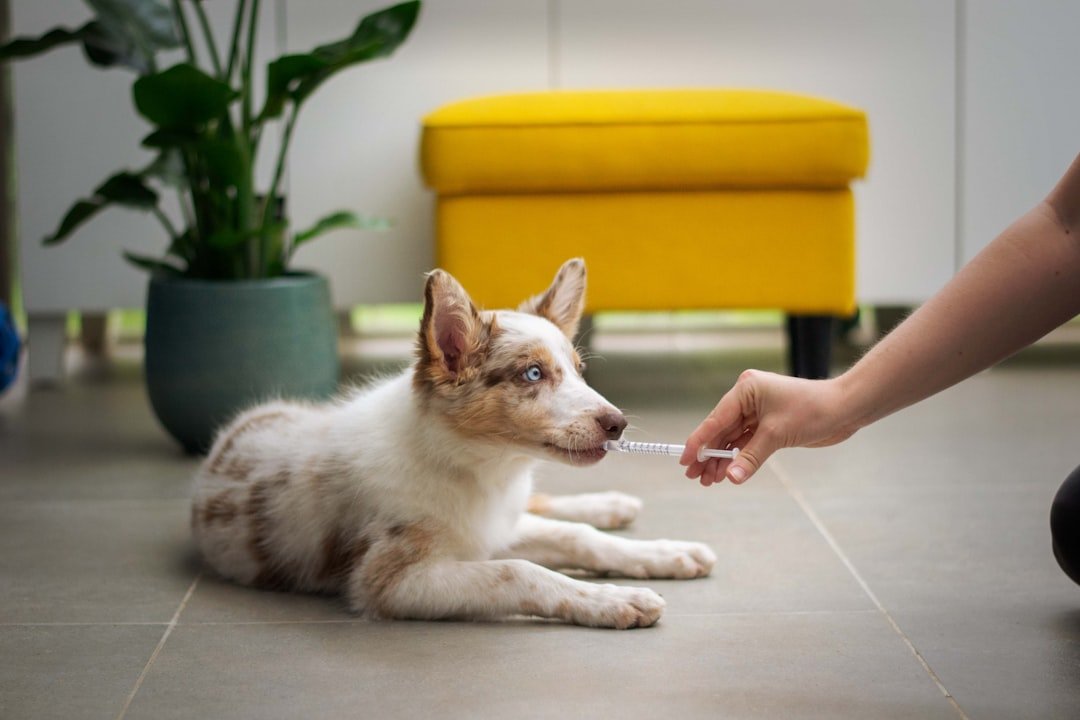
It’s extremely important to make a vet appointment either on the first day or within the next few days. Even if your puppy appears healthy, an early vet visit allows you to gather your thoughts and questions. But this is just the beginning of your veterinary relationship.
Puppies typically get vaccines at 6-8, 10-12, and 14-16 weeks old. Once puppies reach adult status, they usually just need an occasional booster shot here and there. Have you researched local veterinarians? Do you understand the vaccination schedule and ongoing preventive care your puppy will need?
How Will I Handle Work and Travel?
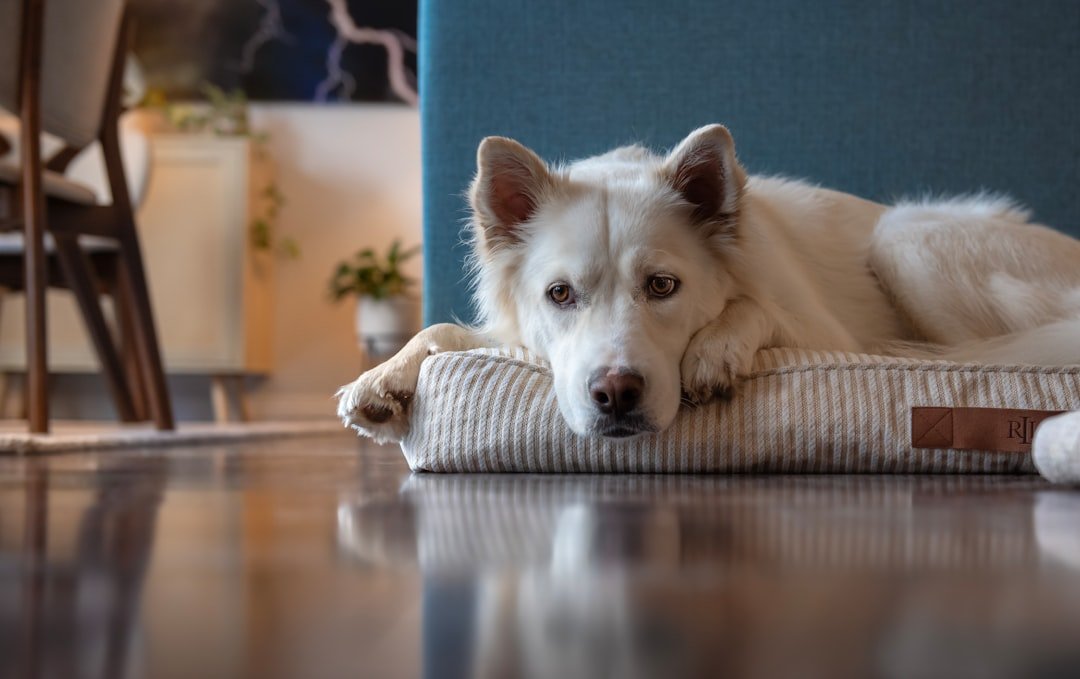
If a dog owner plans to get a puppy and then go to work for eight to 10 hours a day, then he or she should reconsider the opportunity to acquire a dog. Young puppies simply cannot hold their bladder for extended periods and need frequent attention and socialization.
What’s your backup plan for when you need to travel? Another often unplanned expense is what to do with pets when you go on vacation. If your puppy isn’t tagging along, then factor in the cost to hire a pet sitter or to board your dog at a kennel. These services can be expensive and require advance booking, especially during holidays.
Am I Emotionally Ready for the Ups and Downs?
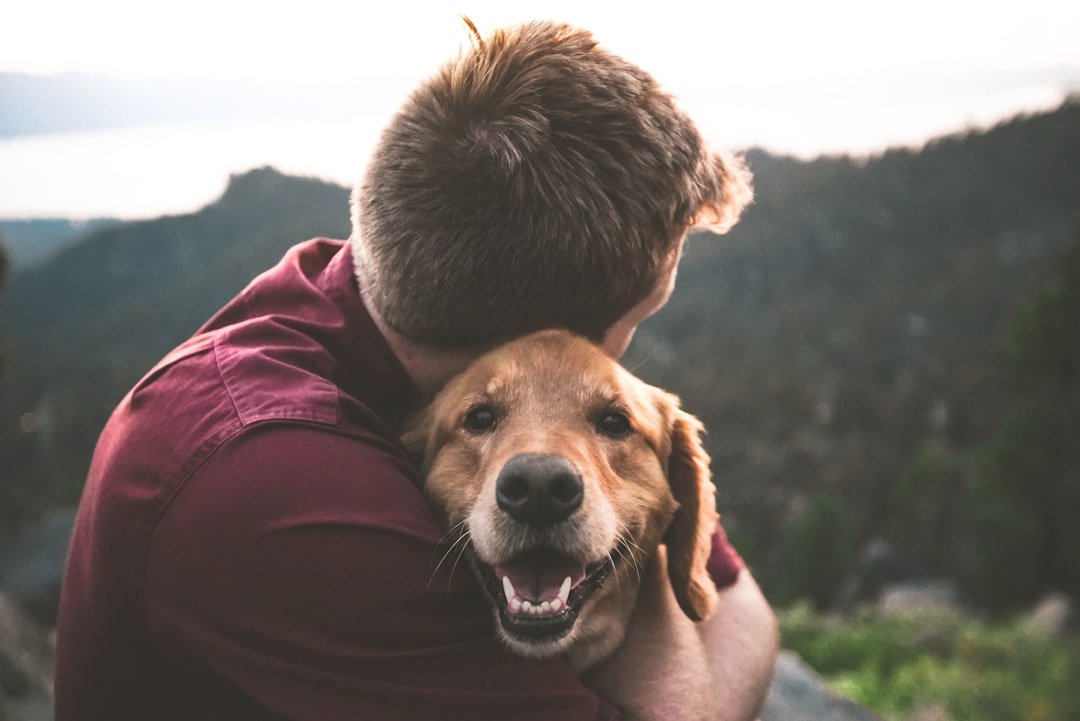
Here’s the question that gets to the heart of everything: are you prepared for the emotional rollercoaster of puppy parenthood? It’s easy to become frustrated with the puppy training process. Puppies are young and still figuring out the world, so they will make mistakes, get distracted, and lose focus easily. It takes time to establish communication between yourself and your puppy.
Some days you’ll feel like the best dog parent in the world when your puppy masters a new command. Other days, you’ll question your sanity as you clean up the third accident of the day. The bond you’ll form with your dog is incredibly rewarding, but it takes patience, consistency, and unconditional love through the challenging moments.
Conclusion
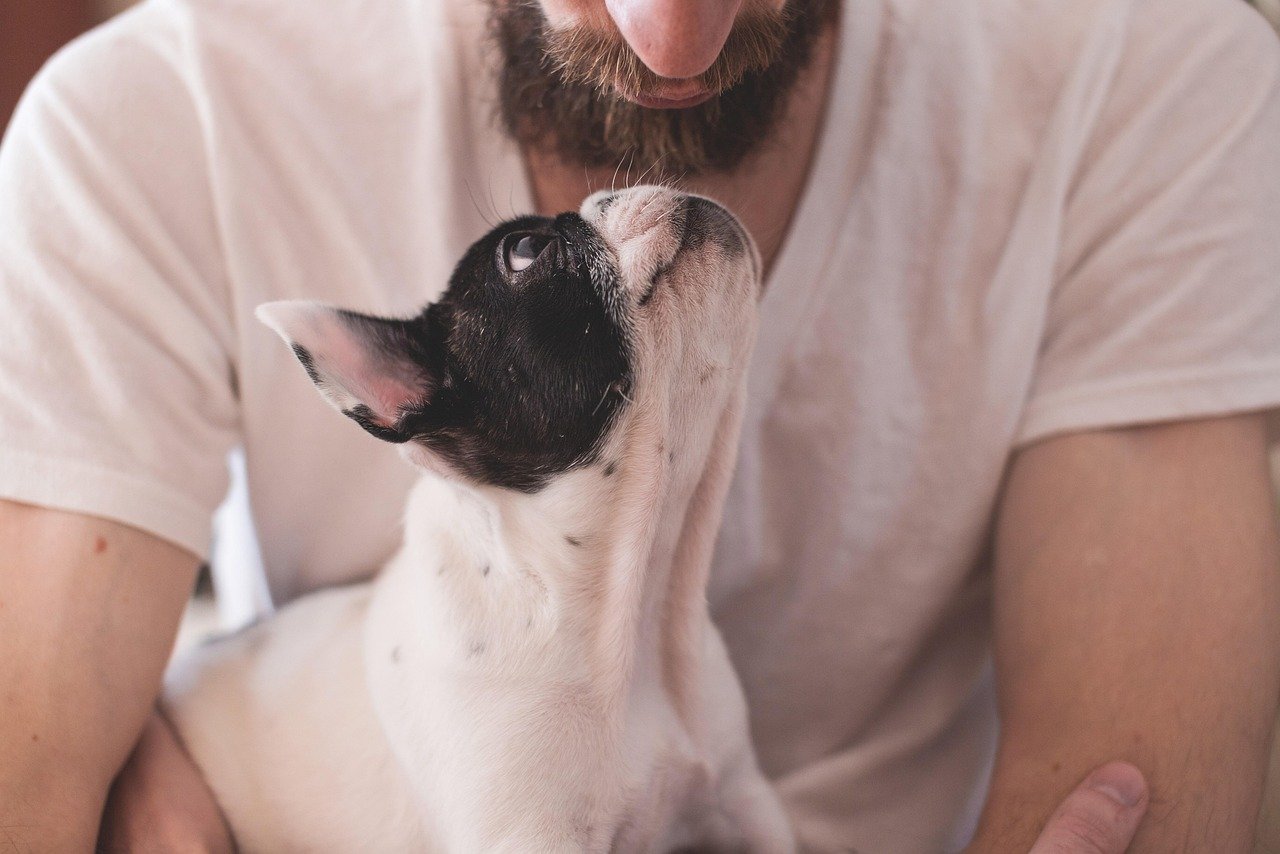
Adopting a puppy is one of the most rewarding experiences you can have, but it’s not a decision to make lightly. These ten questions aren’t meant to scare you away from puppy adoption – they’re designed to ensure you’re making an informed choice that’s best for both you and your future furry family member.
If you’ve honestly answered these questions and still feel excited about the prospect of puppy parenthood, then you’re likely ready for this amazing journey. Remember, preparation is key to success, and every challenge you’ll face during those first few months will be worth it when you see your puppy grow into a well-adjusted, loving companion.
The most important thing to remember? Every dog deserves a home where they’ll be loved and cared for throughout their entire life, not just during the cute puppy phase. Are you ready to be that person for a lucky pup?